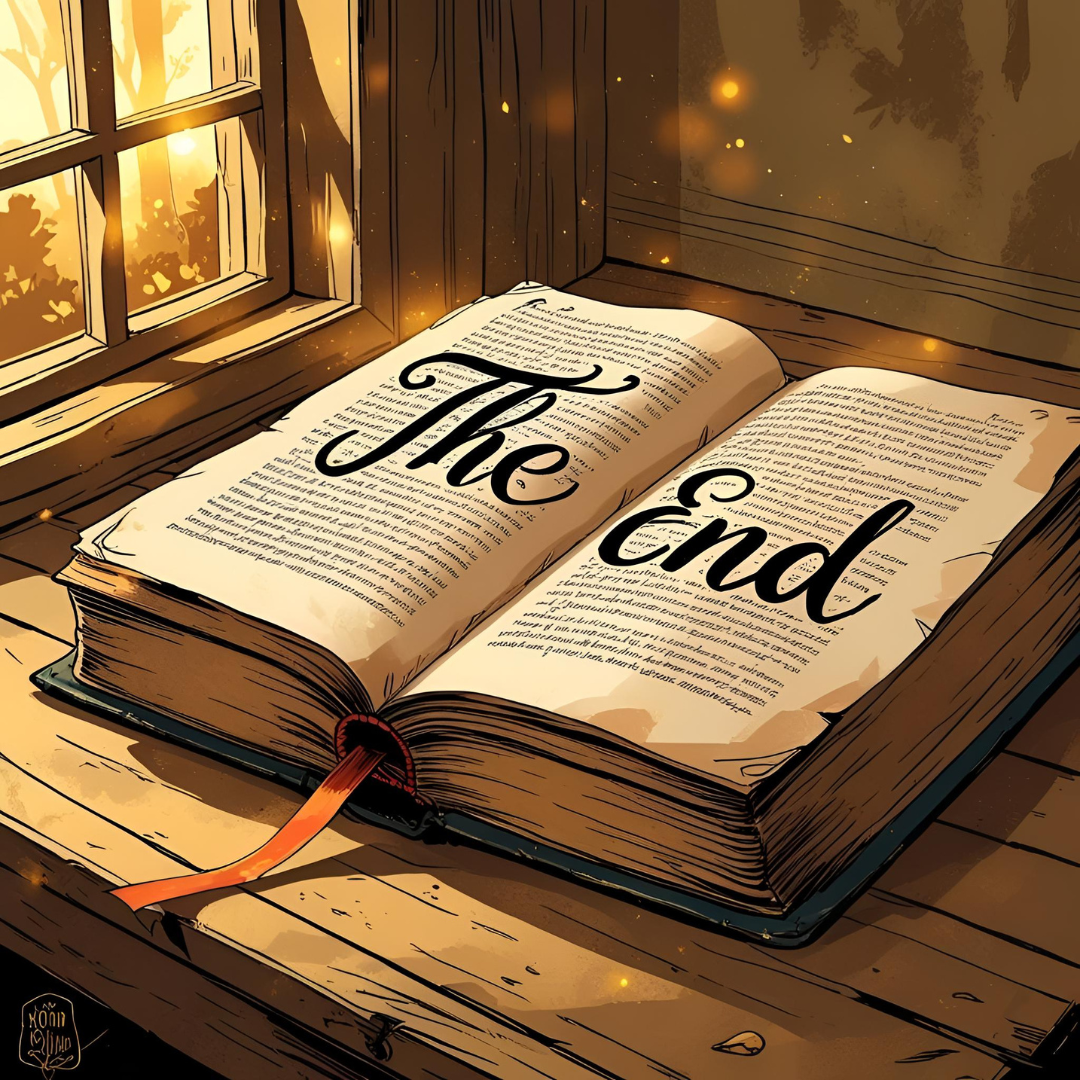Why Your Book Cover Is Losing You Sales (And How to Fix It)
Your book cover is your first—and often only—chance to capture a potential reader's attention. In the three seconds it takes someone to scroll past your book on Amazon or glance at it on a bookstore shelf, your cover must communicate genre, quality, and appeal. Get it wrong, and even brilliant content won't save your sales.
From Manuscript to Marketing: Timeline for First-Time Authors
The moment you type "The End" on your manuscript, you might think the hard work is over. In reality, you're only halfway to publication success. The journey from finished manuscript to published book with actual readers involves a complex timeline of editing, production, and marketing activities that many first-time authors underestimate.
Why Your Non-Fiction Book Needs a Story Arc (Even If It's Not a Story)
Most non-fiction authors approach their books like textbooks: organize information logically, present facts clearly, and hope readers will absorb the knowledge. But here's what successful non-fiction authors know: information without transformation is just data. Readers don't want to learn facts—they want to change their lives.
This is why your non-fiction book needs a story arc, even if you're not telling a story. The most compelling non-fiction books take readers on a journey from problem to solution, from confusion to clarity, from where they are to where they want to be.
5 Editing Mistakes That Scream 'Amateur' to Readers
Professional editing is invisible. When done well, readers focus on your story, your characters, and your ideas without noticing the craft behind the words. But when editing goes wrong—or doesn't happen at all—readers immediately sense something's off, even if they can't articulate exactly what bothers them.
How to Write a Book Proposal That Publishers Actually Want to Read
A book proposal is your book's job application. It's how you convince publishers that your book deserves their investment over the thousands of other proposals they receive each year. Yet most authors treat proposals like extended query letters, missing the strategic elements that actually influence publishing decisions.
Self-Publishing vs. Traditional Publishing: A 2025 Reality Check
The publishing landscape has changed dramatically over the past decade. What once seemed like a clear choice between the "legitimate" path of traditional publishing and the "fallback" option of self-publishing has evolved into two equally viable but fundamentally different business models. In 2025, the question isn't which path is better—it's which path is better for you and your specific goals.
The 7 Most Common Plot Holes in Fiction (And How to Fix Them)
Every fiction writer has been there: you're deep into your story, the characters are coming alive, and then suddenly you realize something doesn't add up. Your protagonist somehow knew information they shouldn't have, or a character disappeared for fifty pages without explanation. Welcome to the world of plot holes—those pesky gaps in logic that can pull readers right out of your carefully crafted story.







